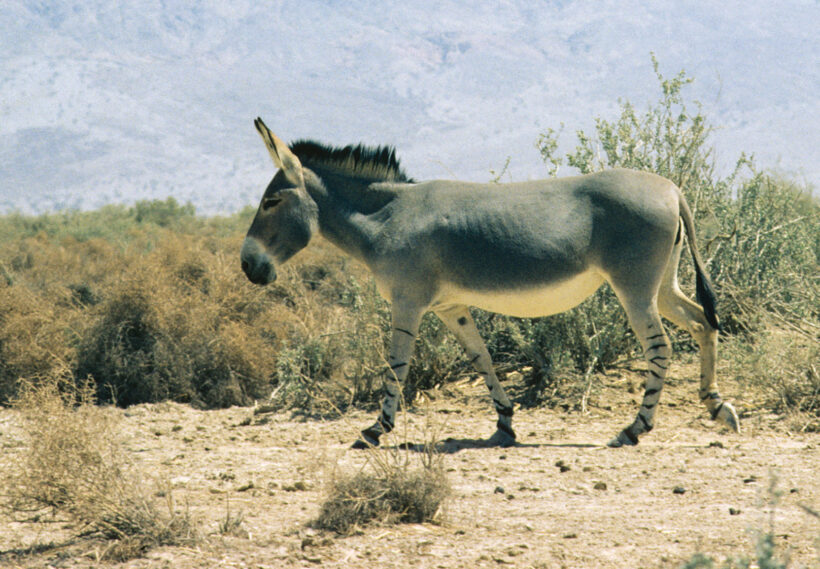The African Union has decreed a ban for at least 15 years on the trade in donkey skins, the raw material for ejiao, a coveted jelly that traditional Chinese medicine considers an anti-ageing invigorator. The decision, taken in Addis Ababa during the 37th session of the AU Assembly, was proposed by the Technical Committee on Agriculture, Rural Development, Water and Environment. Also weighing on the ban was the Donkeys in Africa Now and in the Future report, promoted by the Brooke Hospital organisation, which in November 2022 in Tanzania had coordinated the Pan-African Conference on Donkeys, which resulted in the (ministerial) Dar es Salaam Declaration.
In China, the insatiable demand for ejiao had led to a substantial drop in the number of donkeys, so the Asian country turned to Africa (but also South America: there is a bill in Brazil for a similar ban). According to the Donkey Sanctuary, almost 6 million donkeys are killed for their pelts every year in the world and the ‘brutal and unsustainable’ trend is reportedly on the rise.
A “historic moment, a drastic measure against a brutal and unsustainable trade. We thank the African Union”: thus congratulated the organisations for the defence of equines, which work to alleviate (with veterinary care and awareness-raising) the arduous and often painful life of these working animals, very useful to poor rural communities – and not infrequently stolen, killed and skinned to feed the trade in hides.
The domestic donkey (Equus africanus asinus) is derived from the African wild donkey (Equus africanus) today found in very small numbers in some countries on the continent and classified as critically endangered. About 33 million donkeys live and work in Africa, two-thirds of the world’s, according to the Donkey Sanctuary; but in Kenya alone, between 2016 and 2019, half were killed for ejiao. Legislation has so far been rather chaotic. At first, some governments saw an opportunity, but then in some countries (Kenya, Burkina Faso, Uganda, Tanzania, Botswana, Niger, Mali and Senega) the export became illegal or export taxes were raised to discourage the practice. But high demand and high prices have fuelled theft and smuggling.
The next step? “To work for the enforcement of the ban in all countries and for this decision to be imitated worldwide,” explain Brooke Hospital’s African managers.










